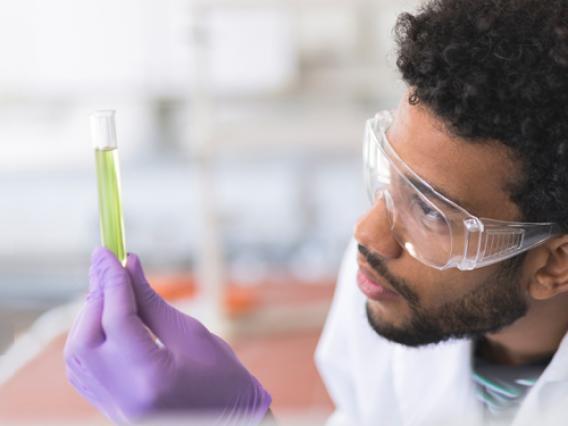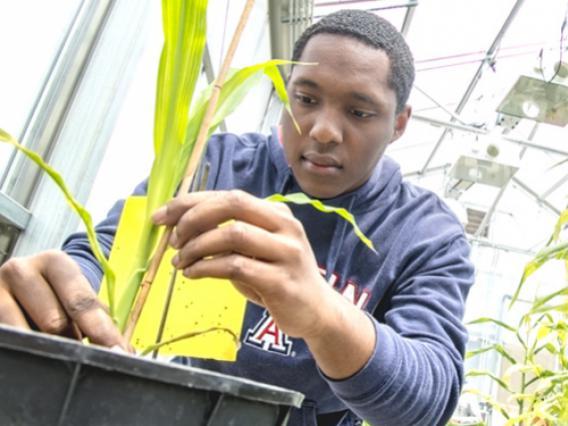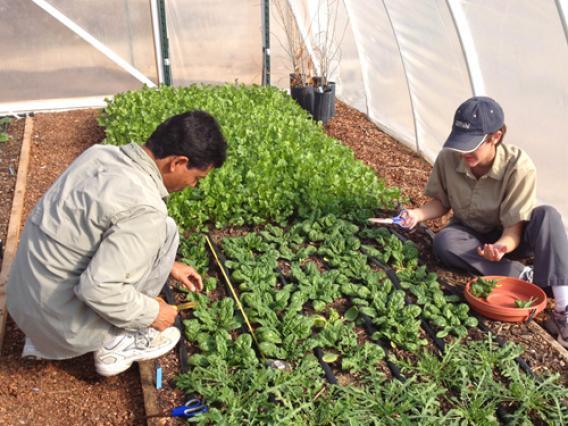Plant Pathology
Plant pathology is an interdisciplinary science that includes knowledge of botany, microbiology, crop science, soil science, ecology, genetics, biochemistry, molecular biology, and physiology. Plant diseases are caused by living organisms (called pathogens), such as fungi, bacteria, viruses, nematodes, phytoplasmas, protozoa, and parasitic plants; and by nonliving agents, such as air pollutants, nutrient imbalances, and various environmental factors. New diseases and changes in existing pathogens remain a constant threat to our forests, food and fiber crops, and landscape plants. Development of new and innovative ways to control plant diseases is a constant challenge for plant pathologists. Plant diseases may be managed by altering the host plant, the pathogen, and/or the environment. Examples include growing resistant plant varieties, planting pathogen-free seed or stock, applying a biological control agent, modifying environmental conditions to decrease disease, and using plant medicines that inhibit or kill the pathogen without harming the plant or the environment. - American Phytopathological Society
Related Majors
Microbiology

Find new ways to prevent and treat disease and turn these discoveries into life-saving innovations. You may choose to specialize in food safety and consumer health, plant pathology and microbiology, environmental microbiology, microbial genomics and biotechnology, or medical microbiology.
Learn morePlant Sciences

Advance discoveries that enable the world's population to grow more with fewer resources. You'll gain a comprehensive understanding of biology, chemistry, physics, and math that you can apply to cutting-edge plant science research including biotechnology and plant breeding.
Learn moreSustainable Plant Systems

Discover innovative plant systems that maximize production, conserve resources, and minimize environmental damage. You may specialize in controlled environment agriculture, environmental horticulture, agronomy, or fresh produce safety, as you focus on creating plant-based solution to feed, clothe and fuel the world's population.
Learn more
